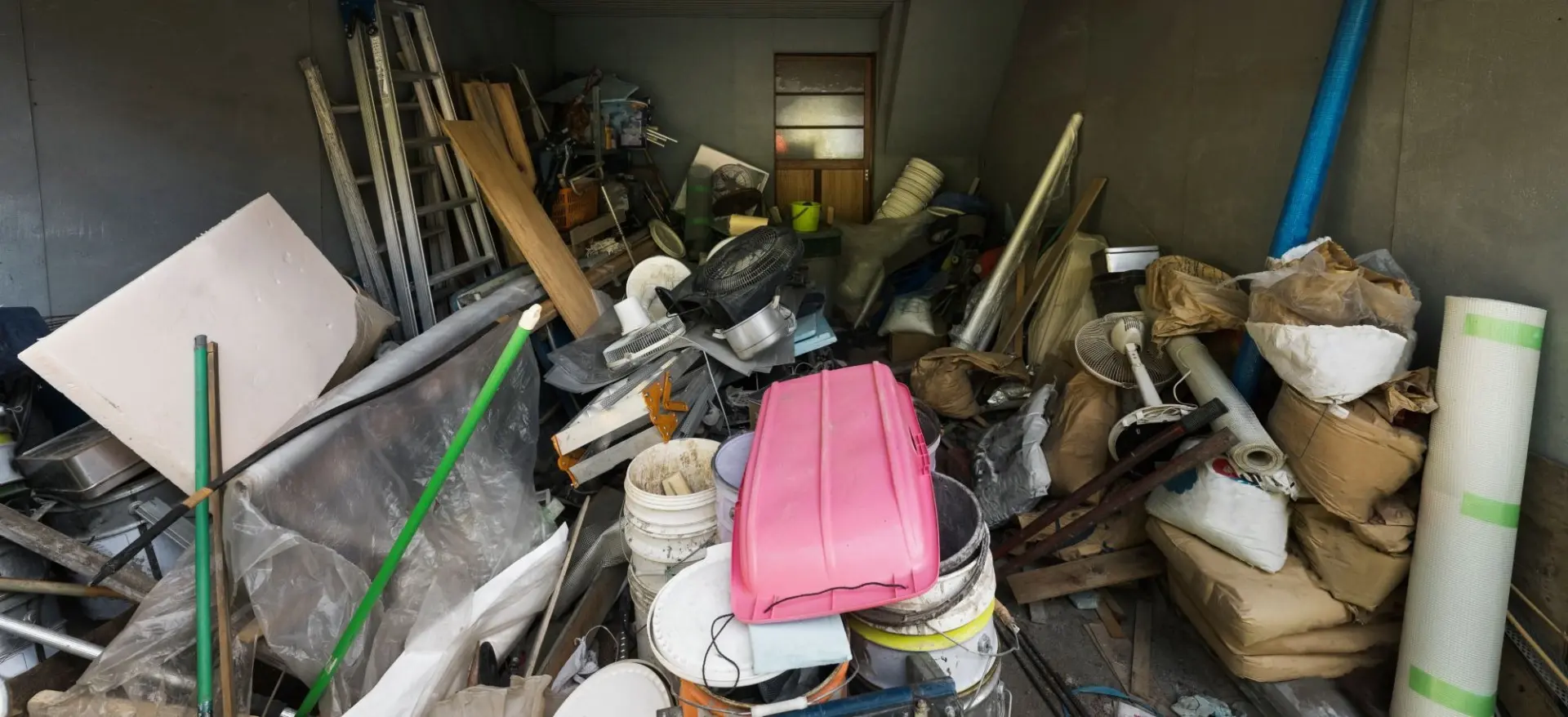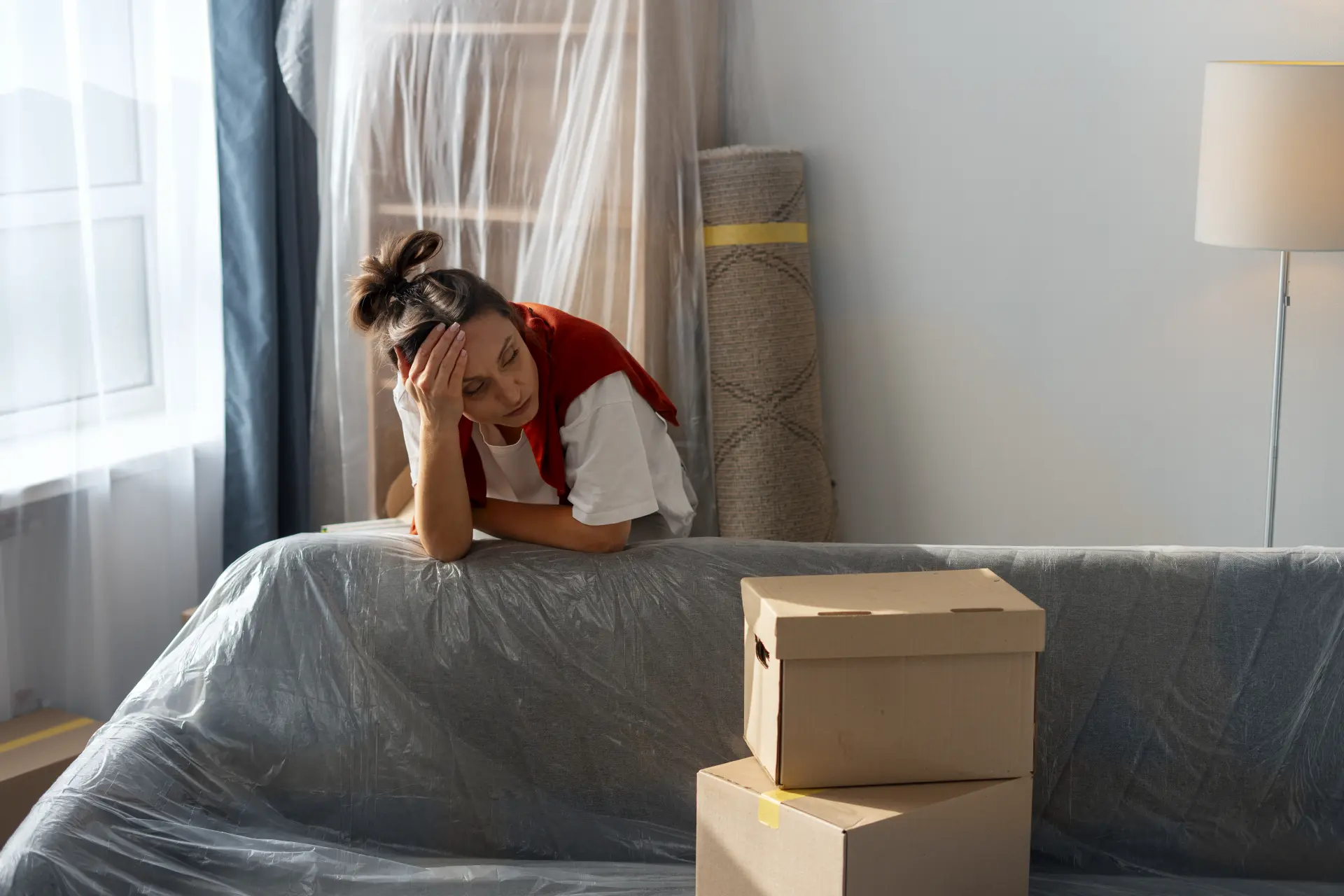In this article, we explore what it means to stop being a hoarder, why it happens, and the practical and emotional steps that can help people move toward recovery.
Recognising the Signs of Hoarding
Hoarding disorder goes beyond occasional clutter. It involves the persistent difficulty of discarding possessions, regardless of their actual value, leading to unsafe and unmanageable living conditions. Common signs include rooms that can no longer be used for their intended purpose, narrow pathways through piles of items, and a strong emotional attachment to objects that others may see as trivial.
Recognising these signs is the first step toward change. Many people living with hoarding disorder experience shame or embarrassment, which can make it difficult to ask for help. By acknowledging the issue without judgement, individuals and families can begin to see hoarding as a treatable condition rather than a personal failing. This perspective shift is crucial in opening the door to meaningful support and recovery.
The Impact of Hoarding on Daily Life
Hoarding has wide-reaching effects that touch every part of daily living. Safety is a key concern, as accumulated belongings can block exits, increase fire risks, and lead to falls or injuries. Hygiene and health may also be compromised if food waste, dust, or mould are present. Beyond the physical risks, the emotional impact is equally significant. Feelings of anxiety, depression, and isolation often become overwhelming.
Relationships are also deeply affected. Friends and family may struggle to visit, leading to loneliness and strained connections. Financial problems can emerge if storage units are rented or essential maintenance is neglected due to blocked access. By understanding how seriously hoarding disrupts life, it becomes easier to see the urgent need for structured support and long-term solutions.

Seeking professional help is one of the most effective ways to stop hoarding behaviours. Therapies such as Cognitive Behavioural Therapy (CBT) help individuals challenge thought patterns that reinforce excessive saving and difficulty discarding items. Professional hoarding disorder specialists also understand the emotional complexities behind the behaviour, offering compassion alongside structured guidance.
Practical support can also make a significant difference. A professional clearance team, working alongside therapists, can help reduce overwhelming clutter while ensuring sentimental items are preserved. This collaborative approach means progress is steady and respectful, reducing stress for the individual and their loved ones.
Importantly, professional support reduces feelings of shame. It reframes the situation as a health condition requiring treatment, not a personal weakness. With expert guidance, people can regain control of their homes and lives, step by step.
Building Healthier Habits Over Time
Stopping hoarding is not about one big clear-out, it is about building new habits that last. Setting small, realistic goals helps make progress less daunting, such as clearing one drawer or one box at a time. Developing a decision-making system, like “keep, donate, recycle, discard,” provides structure and consistency, reducing emotional strain during decluttering.
Long-term success also depends on creating routines that prevent relapse. This might involve setting limits on new purchases, scheduling regular reviews of possessions, or asking trusted friends or family members to help maintain accountability. Relapses are possible, but they are not failures, they are part of a recovery journey. By responding with persistence and self-compassion, individuals can gradually replace hoarding patterns with healthier, more sustainable ways of living.
We provide compassionate, professional hoarding disorder treatment services across Scotland. Our trained team combines therapeutic support with practical assistance, helping individuals and families create safe, healthy, and comfortable living environments while restoring dignity and peace of mind.





